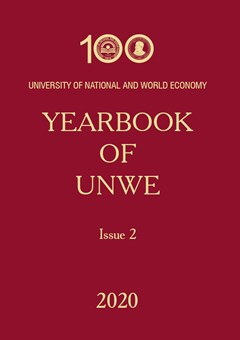Empirical Research of Job Satisfaction of Albanian Nurses
Author: Indrit Bimi
Abstract
The paper analyzes nurses’ job satisfaction using a predefined questionnaire, in a well-defined nurse population. The model clearly describes all dimensions of nursing practice in hospitals and the responses to the applied instrument. Albania is a country faced with the actual shortage of medical doctors and nurses due to the latter’s emigration. Considering that the principal reasons for the phenomenon are of economic nature, their satisfaction with their daily job, colleagues, system and other measurable variables are helpful endpoints to understand the causes and take measures to contain the migratory process. In terms of methods, the Healthcare Environment Survey (HES) questionnaire has been used, through a cross-sectional application, to which N=2067 nurses responded, distributed in secondary and tertiary hospital care in Albania. All questions range in a Likert scale from 1 to 7. As the results show, evaluating nurse job satisfaction remains a delicate enterprise because of the needed tools and the challenge to collect honest answers. Results are affected by demographics but generally show a clear picture of the daily challenges that nurses are faced with and the critical topics that need intervention.
JEL: I11, I31, C26, G38, J24

